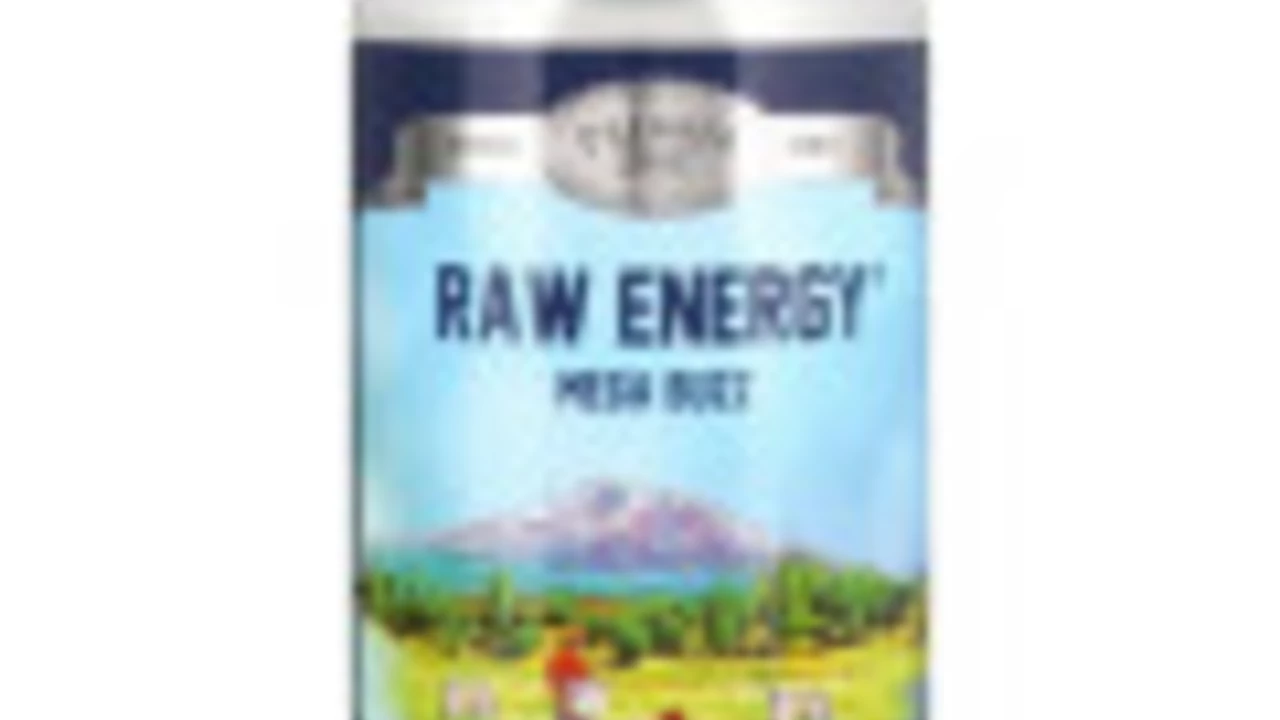Royal Jelly: Benefits, Uses, Safety & How to Choose
Royal jelly is the nutrient-rich secretion fed to queen bees. People take it as a supplement for energy, skin health, and hormonal balance. Before you buy a bottle, here’s what actually matters: what royal jelly can do, how to take it, and the real safety risks—no hype.
What royal jelly does and what the evidence says
Manufacturers claim royal jelly boosts immunity, fights aging, and balances hormones. Some small human studies show modest benefits: a few trials report improved skin hydration and wound healing, and limited research suggests mild help with menopausal symptoms. But the quality of evidence varies—most studies are small or short-term. Treat royal jelly as a complementary supplement, not a replacement for medical care.
If you want practical gains, expect subtle effects. People often notice better skin texture or a slight energy lift after weeks of use. Athletes or people with serious health issues shouldn’t rely on royal jelly for major changes.
How to take it, dose, and product tips
Royal jelly comes as fresh gel, freeze-dried powder, capsules, and creams. Typical oral doses in supplements range from about 300 mg to 1,000 mg daily. If you try fresh royal jelly, store it in the fridge or freezer—fresh degrades quickly. For convenience, many prefer standardized freeze-dried capsules that list milligrams per dose.
Choose products that list the royal jelly amount, show a freshness or processing method (freeze-dried is common), and come from a trusted brand that offers third-party testing for contaminants like pesticides or heavy metals. Avoid vague labels that only say “bee complex” without amounts.
Do a quick patch test first: put a tiny bit on the inside of your forearm and wait 24 hours for irritation. If you use it orally, start at the low end (around 300 mg) for a week, then increase if you feel fine.
Watch for interactions: while major drug interactions aren’t well documented, check with your doctor if you’re on blood thinners, immune-suppressing drugs, or hormonal treatments. Pregnant and breastfeeding people should talk to their provider before taking royal jelly—safety data is limited.
Allergy is the main risk. People with bee venom, pollen, or honey allergies can have reactions, including rare severe anaphylaxis. If you have asthma or severe allergies, avoid royal jelly unless cleared by an allergist.
Where to buy: buy from reputable supplement retailers, health stores, or directly from reputable beekeepers. Avoid super-cheap, no-label options. Look for clear sourcing and storage info.
Bottom line: royal jelly may offer mild skin and energy benefits for some people. Start low, test for allergy, pick a tested product, and ask your clinician if you’re on medications or have major health issues. If you notice any rash, breathing trouble, or unusual symptoms, stop and seek medical help.

Royal Jelly: A Nutrient-Packed Dietary Supplement for Radiant Health
As a health enthusiast, I've recently come across the amazing benefits of royal jelly. This nutrient-packed dietary supplement is a secretion produced by honeybees and is essential for the development of queen bees. Not only is it rich in proteins, vitamins, and minerals, but it also has incredible antioxidant properties. I've started incorporating royal jelly into my daily routine and I'm already noticing improvements in my energy levels and overall well-being. If you're looking for a natural way to boost your health, I highly recommend giving royal jelly a try!
